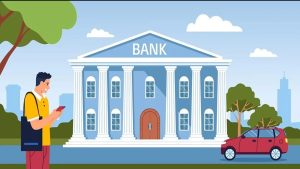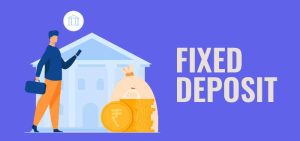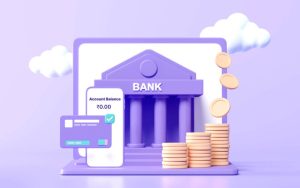Key Differences between Secure and unsecured Personal Loans

If you ever find yourself in a position where you need to take out a personal loan, it will be helpful to understand the basics of how these loans work before you proceed. You’ll find a lot of options to navigate when you begin to compare personal loans, one of which is whether to take out a secured or an unsecured loan. There are some key differences between the two, and the best choice for you will depend upon a number of factors. Let’s take a look at what these two loan types are and how to decide which way to go.
Secured vs Unsecured: The Basics
In short, if you take out a loan and connect that loan to something you own, it is a secured loan. These loans are usually connected to something valuable, like your house or car. This is called collateral and is used to back up, or secure, the loan. If you fail to pay, the lender can take ownership of whatever collateral you have put up. Some of the most common secured loans are car loans and mortgages.
On the other hand, an unsecured loan is not connected to any collateral. Student loans and credit cards are common types of unsecured loans. If you fail to pay back an unsecured loan, the lender can still take action against you but they cannot repossess your property.
The Pros and Cons
Each loan type has its own benefits and drawbacks. A secured loan is usually easier to get because they create less risk for the lender. Banks tend to like secured loans because they are backed up by collateral. This also means that the interest rates on secured loans tend to be lower and have higher borrowing limits. Many people choose a secured loan if they have bad credit or are working to start building or rebuilding credit. This is because lenders often deny unsecured loans to those with poor or no credit history. Of course, the obvious drawback to a secured loan is that if you’re not able to pay, you risk losing the collateral you’ve put up. This could mean losing possession of things like your home or car. You should be certain that you have a solid plan in place that will enable you to pay back the loan. Unsecured loans are great options if you already have an existing relationship with your bank or lender.
Perhaps the biggest benefit to an unsecured loan is that it is not connected to collateral, so you don’t risk losing physical property if you’re not able to pay. However, there are other consequences for not paying back the loan on time. Interest is the most common consequence and often accrues monthly until the loan is paid off. The interest is usually a fixed amount and is applied as a percentage of the remaining balance of the loan. Lenders can also garnish your wages, which means that they will automatically take a portion of your paycheck to start paying back the loan. In more extreme cases, lenders can also take you to court over unpaid loans. Unsecured loans are also more difficult to get because there is nothing offered to the lender to back the loan. They are usually granted to borrowers who meet a certain set of criteria set by the lender, including good credit history, steady employment, and an existing savings or CD account.
What’s Best For Me?
The best loan option for you will depend upon a number of factors. If you have a solid credit history, steady income, and some collateral to put up, an unsecured loan might be a good option. The borrowing limits will probably be higher, the interest rates will be lower, and the length of time permitted to pay off the loan will be longer. But if you don’t have good credit, are working to start building credit, or you don’t have collateral, an unsecured loan is probably your best bet.
Being saddled with debt can become a significant burden if not carefully managed, so you should consult your bank or financial adviser and carefully weigh your options before taking out any loan.
About the Author :
Ray is a sought after thought leader and an expert in financial and money management. He has been published and featured in over 50 leading sites and aims to contribute articles to help novice financial planners. One of his goals is to impart his knowledge in finance to educate and help ordinary people create and achieve their financial goals.






